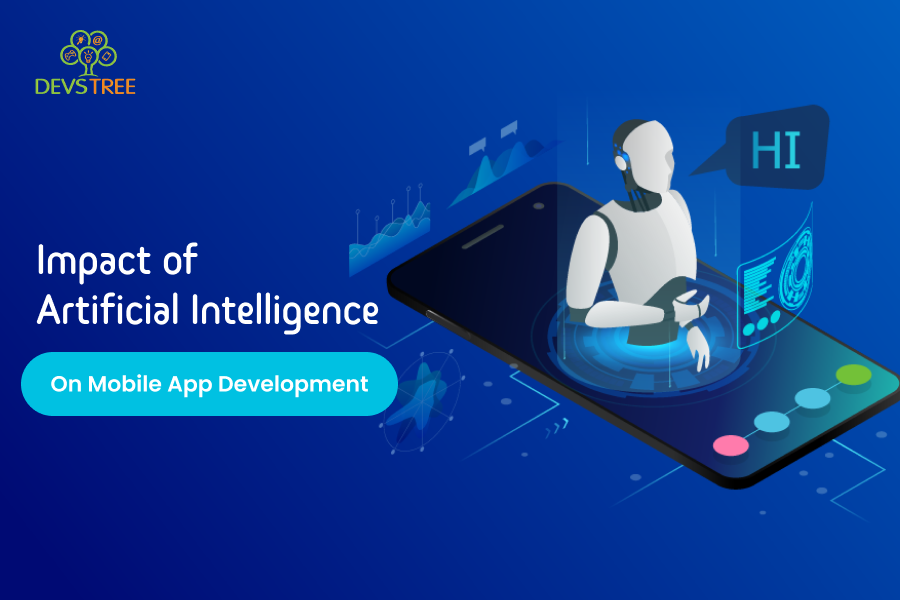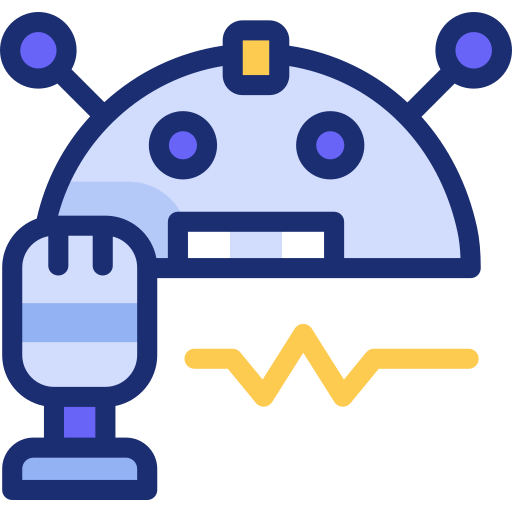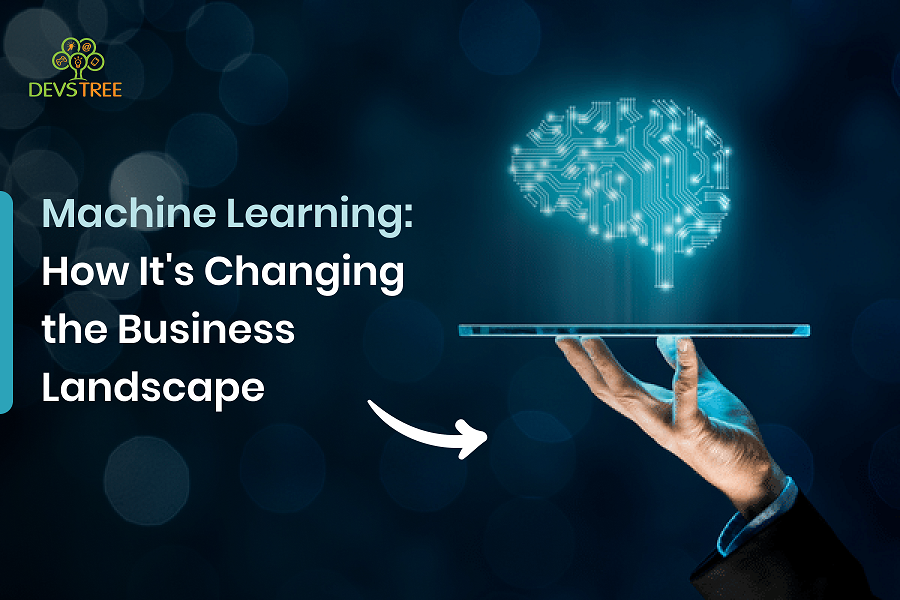Impact of Artificial Intelligence on Mobile App Development

With over 5 million options in the mobile app improvement marketplace, staying aggressive and increasing market presence have become imperative for agencies. Integrating AI into mobile app development has emerged as a popular strategy to achieve this aim.
The excessive competition underscores the significance of getting a well-designed mobile app, which may benefit companies enormously. Incorporating AI now, which is not the most effective, allows the advent of tailor-made mobile programs but also complements the person’s experience.
What is Artificial Intelligence (AI)?
Artificial intelligence, or AI, replicates human concepts and behaviors via the simulation of human intelligence. AI experts assert that it observes its environment and adapts responses to enhance its chances of success. While initially prevalent in computer programs, AI has now permeated various products and services, notably in mobile app development.
AI is poised to become a pivotal component in mobile app development, offering innovation and creativity. Leveraging AI technology in mobile applications optimizes the user experience by harnessing machines’ capabilities for comprehension and responsive actions.
Impact of AI on Mobile App Development:
AI-pushed mobile apps are designed to deal with everyday challenges and enhance the best of life for users. By leveraging AI algorithms, these apps can gather and analyze user records, permitting builders to supply personalized stories and remedy complicated issues. From automated reply functions to actual language translation, AI empowers builders to integrate cutting-edge functions that enhance functionality and value.
Robust app authentication:
AI is a key app security and authentication component in an age marked by increased cybersecurity threats. Developers can respond in real time to threats by leveraging technologies like machine learning and blockchain. AI-powered authentication offers stronger safety in opposition to cyberattacks, ensuring seamless and secure user experiences.
Automated Reply Functions:
AI allows developers to integrate auto-reply functions into mobile apps. This facilitates seamless communication between devices and users. These apps can generate contextually relevant answers by leveraging natural-language processing algorithms. This enhances user satisfaction and engagement. Google’s Gmail auto-reply is a great example of AI-driven communications capabilities. It has revolutionized the way people interact with technology.
Instant Language Translation:
AI-powered apps with language translation features enable users to communicate across languages seamlessly. These apps translate speech and text in real time using machine learning algorithms. This improves global communication and connectivity. AI-driven language translator apps offer offline functionality and customizable translation settings. They help users overcome linguistic barriers with ease.
Face Recognition for Security:
The Apple iPhone uses AI-based rules for facial recognition, enhancing a person’s identity by allowing seamless access rights despite changes in appearance. This era promotes security by blocking unauthorized access to online content primarily restricted to minors and assisting in the detection of cyber security threats. In addition, facial recognition goes beyond protection, reading facial features helps in the identification and diagnosis of clinical symptoms.
AI-Powered Chatbots:
AI-driven chatbots permit groups to provide customized customer reviews and streamline verbal exchange channels. These chatbots are capable of providing immediate responses and helping by studying the user’s queries and options. This reduces the need for human interaction. AI-powered chatbots can improve user satisfaction and engagement by answering customer questions or making product recommendations.
Smarter Search:
AI and machine-learning technologies improve mobile app functionality through advanced search features such as image and speech recognition. Google Lens, as an example, uses AI to provide context information based on images taken by users. This enhances search accuracy and usability. Developers can improve the user experience and increase conversions by leveraging AI-driven enhancements to search.
Recommendation services:
AI-driven engines for recommendation enable businesses to provide personalized content and products based on the preferences and behaviors of users. These engines generate customized suggestions by analyzing user interaction and data patterns. This helps to increase engagement and boost conversions. AI-powered recommendation engines can help businesses deliver personalized experiences to users, from product suggestions to content suggestions.
In conclusion:
The integration of artificial intelligence into mobile app development marks a big paradigm shift in our technological interactions. By harnessing AI features like chatbots and advice engines, agencies can craft tailor-made reviews that foster more engagement and client loyalty. As the importance of AI continues to grow, staying ahead of the opposition and meeting the dynamic needs of users necessitates funding from the Best Augmented Reality App Development Company. AI stands poised at the forefront of the mobile app development realm, offering promises of heightened functionality, user satisfaction, and an overall user experience.
Ready to initiate your journey into Augmented Reality App Development? Reach out to Devstree Australia today and unlock the full potential of your project!
Let's build or improve your Digital Product
Transform your digital vision into reality with our expert services, guiding you to build a cutting-edge digital product that exceeds expectations and empowers your business for success.
Let's talk





.svg)

.svg)





.png)














originil.webp)

originil.webp)

